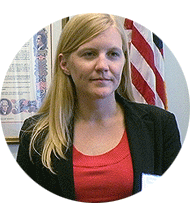
Legislators tap grad students for expertise
In early June, 20 UC graduate students met with state lawmakers to discuss the variety and importance of their research. Several students were asked for their input on key policy issues, such as conservation and energy.
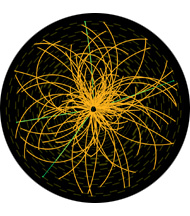
Higgs boson: UC physicists mattered in historic search
UC scientists spearheaded key experiments in what some call the 'Holy Grail' discovery in physics: a new particle that may prove to be the long-sought Higgs boson.
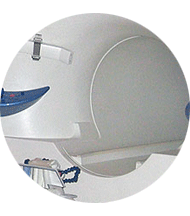
Learning by getting into the heads of schoolchildren
New brain imaging technology may pave the way for a new science to understand how children think and learn. It could eventually help educators and revolutionize classrooms.
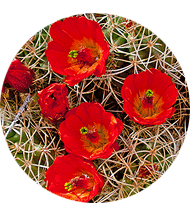
Wild bee research at UC Natural Reserve System
A large amount of native bee research in California occurs in the wild landscapes protected by the UC Natural Reserve System.
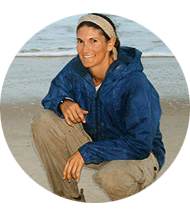
Evaluating marine parks in the high seas
California is a leader in protecting marine life and areas, and UC scientists play an important role in studying, advising and shaping policy that must balance the environmental needs of the ocean with those of millions of users.
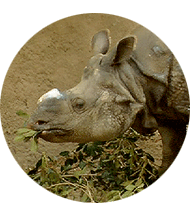
First-ever Zoobiquity conference teams docs, vets to seek cures
Lions, tigers and people - oh, my. A new research initiative will match medical and veterinary students from different UC campuses to work on projects important to both animal and human health.
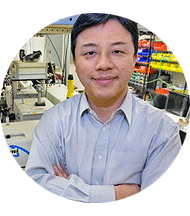
Pushing innovations to industry's doorstep
A tiny laser that could enable smaller and faster smart phones and tablets. A glucosamine-like supplement that targets the underlying cause of multiple sclerosis. These are among research projects getting a boost this year from a UC grants program. The Proof of Concept grants help move UC research out of the lab and to commercialization.
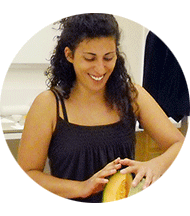
'Artificial nose' knows the ripeness of fruit
UC Davis researchers are applying the same science used to sniff out illegal drugs to smelling and picking out the freshest melons.
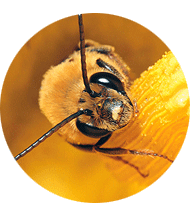
Tiny saviors in our backyard
Honey bees get most of the buzz, but some native bees are better at spreading pollen. They may hold the solution to world pollination problems that affect important crops.
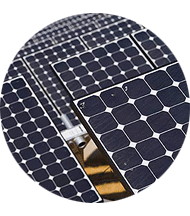
Putting the crown on solar power
Someday, solar power will provide all the energy homes and buildings need for electricity, heat and cooling. Scientists at UC Solar, a multicampus research institute based at UC Merced, are helping to make that day come true.
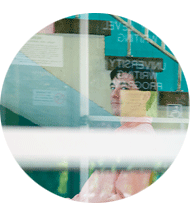
From pantographs to nanosoldiers
Colin Milburn of UC Davis has investigated how the early history of nanotechnology was influenced by ideas from science fiction. He also studies how scientists use video game hardware and software to run experiments.
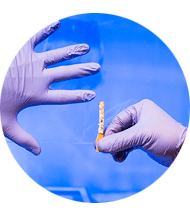
Screening those at the highest risk for lung cancer
UC's Tobacco-Related Disease Research Program administers the California Cancer Research Fund, made possible by taxpayers who donate money by checking line 413 on their state income tax forms. TRDRP will utilize that fund to focus on lung cancer screening, including new tests to detect the disease in its early and treatable stages.
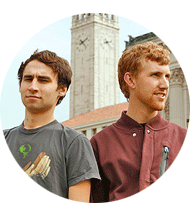
Turning big ideas into solutions
UC's Center for Information Technology Research in the Interest of Society (CITRIS) rewarded teams of students for developing innovative tools that may prove handy for politics, health care and seeking social services.
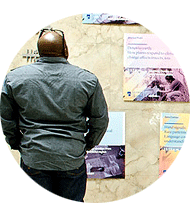
Graduate students take their research to the Capitol
They delivered a message to legislators: graduate student research is central not only to the future of UC, but to that of the state and the nation as well.
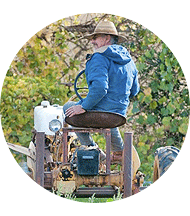
Seeding innovation
Decades ago, students helped spur organic farming and laid the ground for sustainable agriculture research and education programs at UC Davis and UC Santa Cruz that are models today for other universities.
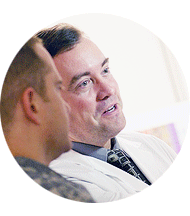
Proving a concept and leaping the `valley of death`
An instrument to quickly detect traumatic brain injury, a vaccine to save unborn calves from a deadly bacterium and a technology to clean up grimy water are among research projects getting a boost from a new UC program. New grants will help move critical research out of the lab and into the market.